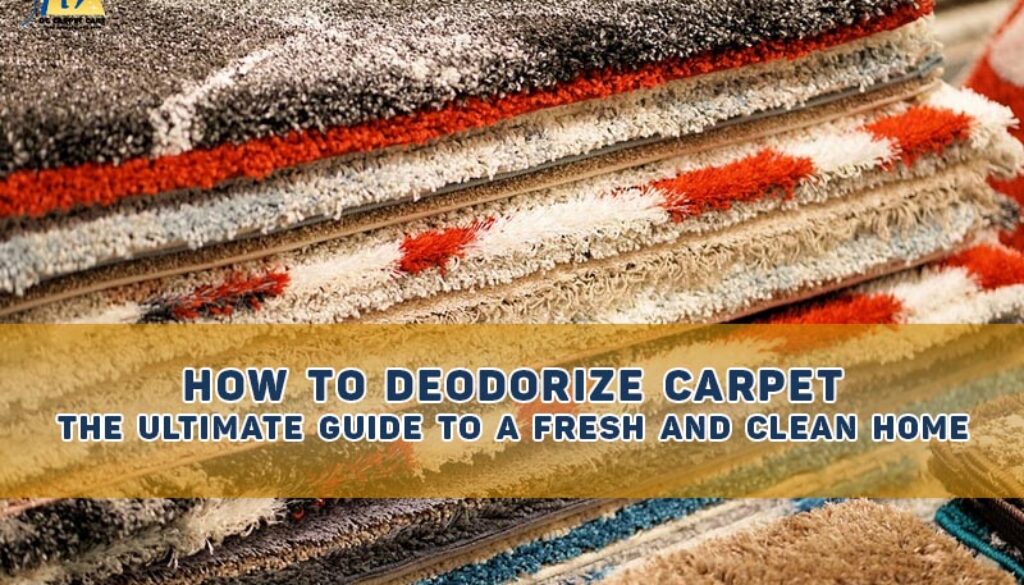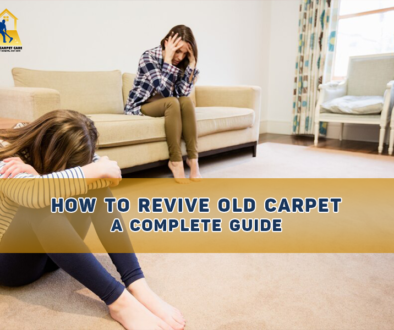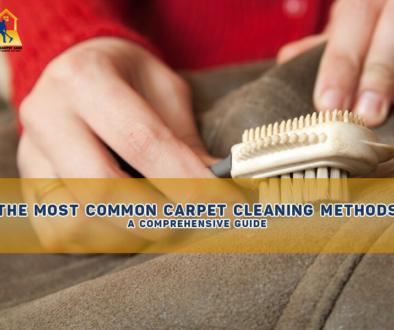Carpets add warmth, style, and comfort to any space, but they also tend to trap odors over time. Whether it’s from pets, spills, or daily wear, a smelly carpet can ruin the ambiance of your home. The good news? You can effectively deodorize carpets with the right techniques and tools. In this comprehensive guide, we’ll explore the best methods to keep your carpets smelling fresh and clean.
Why Do Carpets Retain Odors?
Carpets are made from fibers that can trap dirt, moisture, and other odor-causing agents. Understanding the common causes of carpet odors is the first step toward addressing the issue effectively.
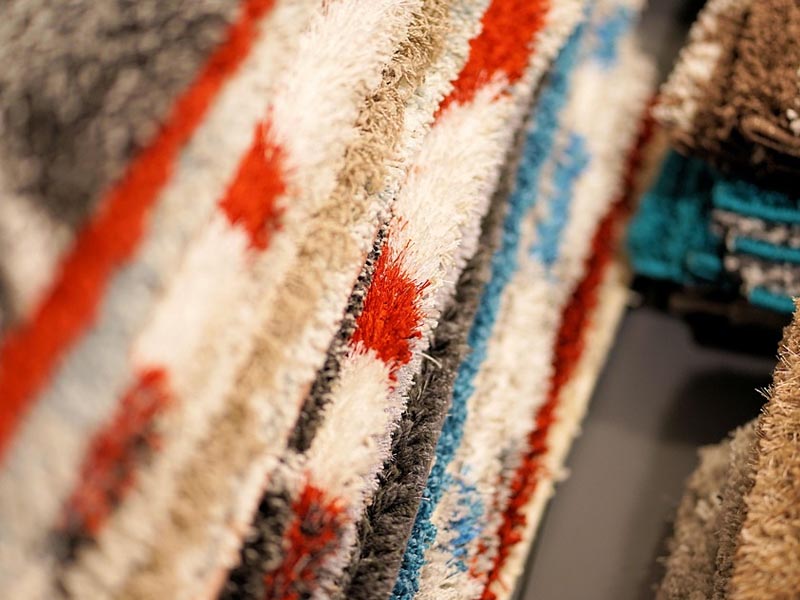
Common Causes of Carpet Odors
- Pet Accidents: Urine, feces, and dander can seep into the fibers, causing unpleasant smells.
- Food and Drink Spills: Liquids like coffee, wine, or milk can leave behind bacteria and odors if not cleaned properly.
- Moisture and Mold: Humid environments or water damage can lead to mold growth beneath the carpet.
- Smoke and Cooking Smells: Odors from smoking or strong-smelling foods can cling to carpet fibers.
The Importance of Regular Maintenance
Routine cleaning not only extends the life of your carpet but also prevents odor buildup. Vacuuming, spot cleaning, and periodic deep cleaning are essential to maintaining a fresh-smelling carpet.
DIY Methods to Deodorize Carpet
If you’re looking for cost-effective ways to tackle carpet odors, DIY solutions can work wonders. Here are some tried-and-true methods:
1. Baking Soda
Baking soda is a natural deodorizer that’s safe, affordable, and highly effective.
How to Use Baking Soda:
- Sprinkle a generous amount of baking soda evenly over the carpet.
- Let it sit for at least 30 minutes (or overnight for stronger odors).
- Vacuum thoroughly to remove the baking soda along with trapped odors.
2. Vinegar Solution
White vinegar is excellent for neutralizing odors and is particularly effective against pet smells.
How to Use Vinegar:
- Mix equal parts white vinegar and water in a spray bottle.
- Lightly mist the carpet (don’t oversaturate).
- Let it air dry, and the vinegar smell will dissipate as it neutralizes the odors.
3. Essential Oils
Essential oils can add a pleasant scent to your carpet while masking unpleasant odors.
How to Use Essential Oils:
- Mix a few drops of your favorite essential oil (like lavender or tea tree) with baking soda.
- Sprinkle the mixture over the carpet.
- Vacuum after letting it sit for 15-20 minutes.
Professional Carpet Deodorizing Techniques
Sometimes, DIY methods aren’t enough to tackle stubborn odors. Professional carpet cleaning and deodorizing services can provide a deeper, more thorough clean.
Steam Cleaning
Steam cleaning, also known as hot water extraction, is a powerful method for removing dirt, bacteria, and odors embedded deep within carpet fibers.
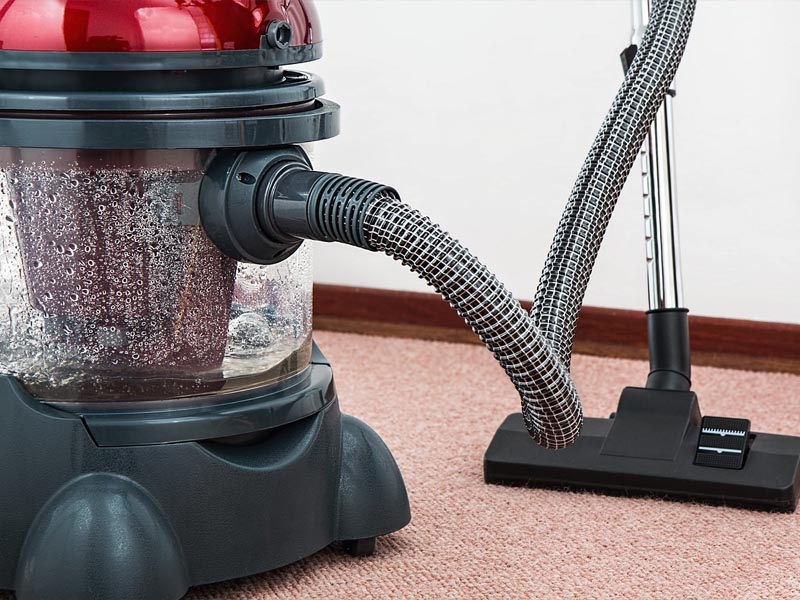
Benefits of Steam Cleaning:
- Eliminates bacteria and allergens.
- Effectively removes stains and odors.
- Restores the carpet’s original texture and color.
Carpet Shampooing
Professional-grade carpet shampoos are designed to clean and deodorize carpets simultaneously.
How It Works:
- A foamy detergent is applied to the carpet.
- Specialized equipment agitates the carpet fibers to lift dirt and odors.
- The carpet is rinsed and vacuumed to remove residue.
Odor Neutralizing Sprays
Professional-grade sprays are highly effective for spot treatments and ongoing maintenance.
Natural Ways to Keep Your Carpet Fresh
If you prefer eco-friendly and non-toxic methods, these natural remedies can help:
1. Activated Charcoal
Activated charcoal absorbs odors and moisture effectively. Place small bowls of activated charcoal around the room or directly on the carpet overnight.
2. Lemon Juice
Lemon juice has natural antibacterial properties and a refreshing scent.
How to Use Lemon Juice:
- Mix lemon juice with water in a spray bottle.
- Lightly mist the carpet and let it dry naturally.
3. Herbal Sachets
Place sachets filled with dried herbs like lavender, rosemary, or mint under furniture or in the corners of the room to maintain a pleasant aroma.
Tips for Preventing Carpet Odors
Preventing odors is easier than dealing with them after they occur. Here are some practical tips:
Vacuum Regularly
Vacuuming at least once a week helps remove dirt and debris before they cause odors.
Use Doormats
Placing doormats at entrances reduces the amount of dirt and moisture brought into your home.
Address Spills Immediately
Blot spills with a clean cloth and apply a suitable cleaning solution to prevent stains and odors from setting.
Invest in a Dehumidifier
Maintaining low humidity levels in your home can prevent mold and mildew growth, which are common sources of carpet odors.
When to Call a Professional
If your carpet still smells despite your best efforts, it may be time to call in the experts. Persistent odors could indicate:
- Deep-seated bacteria or mold.
- Pet urine that has penetrated the padding.
- Long-term neglect or improper cleaning.
Professional carpet deodorizing services use advanced techniques and equipment to tackle these issues effectively.
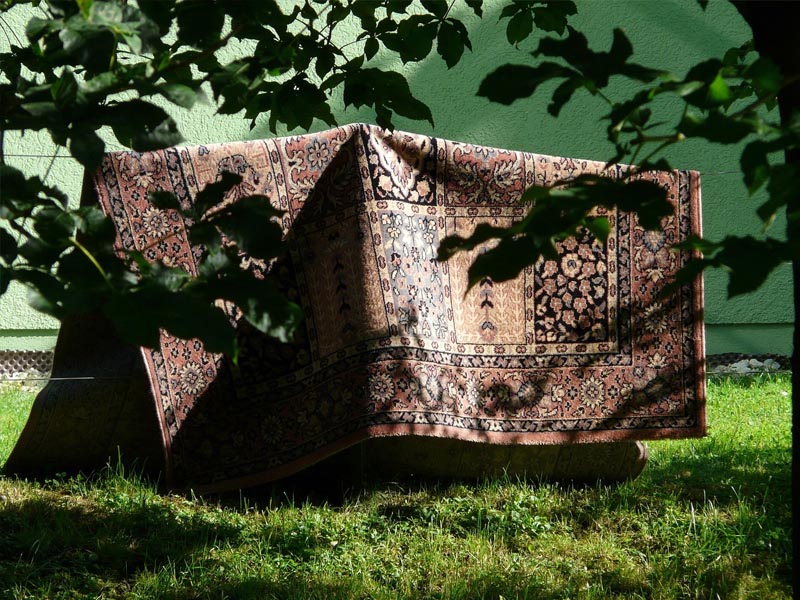
Conclusion
Deodorizing your carpet is essential for maintaining a clean, fresh, and inviting home. From DIY solutions like baking soda and vinegar to professional steam cleaning, there are plenty of effective methods to suit every need and budget. Regular maintenance and preventative measures can go a long way in keeping your carpets odor-free.
By investing a little time and effort—or hiring a professional when necessary—you can ensure your carpets remain a beautiful and fragrant part of your home for years to come.

